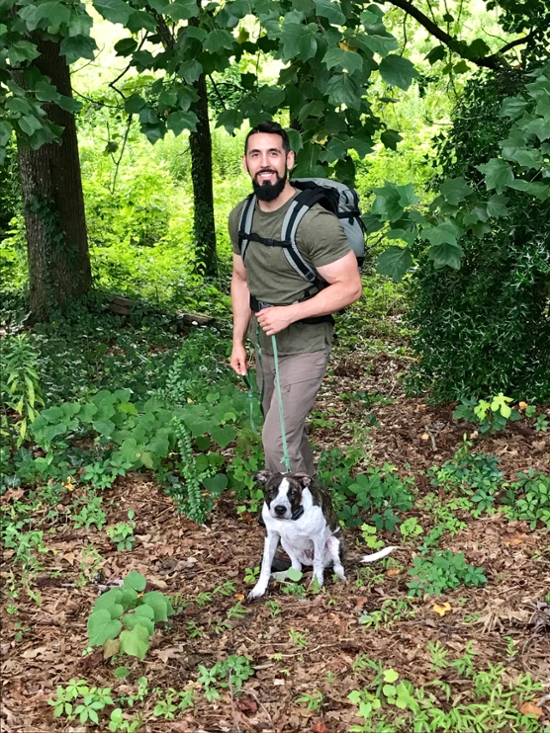Fear Not, Organ Donor
Although most people say they are willing to donate their organs after they die, misperceptions stop some potential donors from signing up, found Emory researchers.
The most common concern was that someone registered as an organ donor wouldn’t receive adequate medical care from paramedics or physicians in the event of an accident. Blacks were twice as likely as whites to have this concern.
The medical community needs to address these concerns directly, says researcher Marty Sellers, an Emory transplant surgeon and assistant professor of surgery. To counter the fear of inadequate treatment, for example, donors should know that “medical teams in charge of caring for the sick and/or injured are not part of a transplant team, and their focus is entirely on the person who comes in under their care,” he says.
Other concerns that made people hesitate to register as donors include worry over increased costs to their family and
Overall, however, 85 percent of those surveyed (a total of 766 people from 37 states) said they were willing to donate their organs after death if that donation could save someone else’s life. The findings were recently published in the Journal of the American College of Surgeons.
“About 20 people die every day for lack of an organ donor,” says Sellers, associate medical director of LifeLink of Georgia, a nonprofit that coordinates organ and tissue donation. “Educating the public regarding these and other misperceptions is desperately needed. We believe this would convert more eligible donors into actual donors.”






